Many high school juniors are starting their college search this season, and part of the application process involves teacher recommendations. I may not be a teacher, but I do know how to present a solid argument, and requesting recommendations is effectively arguing to prove your character. Not everyone is an easy sell, per se, but anyone can benefit from my highly-researched, cross-referenced (by parents and advisors) approach to teacher recommendations. With that being said, even the most perfect plan will feel awkward and likely disingenuous— a student is asking their teacher to do them a tremendous favor that will, to some extent, decide their future. Therefore, I am prefacing this by saying any adult who contributes their time to your cause (and even those who don’t) deserves your extreme gratitude.
Without further ado, here is how I recommend Academy students tackle the task that is teacher recommendations:
1. Submit your counselor’s information packet to Ms. Walsh. She will be your first recommendation.
2. Identify two teachers you are close to. Consider what they could highlight about your person— you don’t want two identical recommendations, and you won’t be able to review them before they are submitted in your application. Make sure you’re in good standing with whoever you ask!
3. Ask the teachers in person. Catch them after class or when you know they’re free. It’s best to meet in private so you’re not distracted by classmates. Tell your teacher your genuine thoughts (future career goals, college search, etc.), and pop the question: Would you be willing to write a strong letter of recommendation for me? You’re going to want an enthusiastic “yes!,” but watch their reaction either way. If they hesitate, they’re probably busy, and you should ask someone else. If they are not willing to write a recommendation, be respectful and move on to another trusted teacher with whom you might have better luck.
4. Send them an email to recap. Thank the teachers (you should have two, preferably in different departments) for agreeing to write you a strong letter of recommendation as soon as possible. Keep the correspondence in your voice, and remember that below is only the skeleton of a good email. It lacks character, but the structure is sound and great when expanded upon (with proper grammar and punctuation!). Additionally, keep it as pithy as possible to avoid a too-long, didn’t-read situation. It should be formatted something like this:
Dear ___,
Wish them well.
Thank them profusely for helping you by your *insert your earliest application deadline so they know how much time they have.* Remind them what classes you’ve taken with them and in what years.
Subtly (but not too subtly) reference the traits you want them to highlight. A favorite memory in their class works fabulously.
Invite them to ask you for anything that might help with their writing.
Thank you again, ____.
Your signature
5. Give them Ms. Walsh’s teacher recommendation form. The sooner after that email, the better. Also, provide any other materials they might have requested. This involves responding quickly to whatever they might say after your email (as detailed in Step 4).
6. Request the recommendations on Naviance. If you’re confused about this step, I would set up a meeting with Ms. Walsh. It only takes a moment, but it’s important to make sure your request went through.
Aside from the aforementioned, it’s smart not to mention your intended major/minor (in case you change your mind), specific schools (you’ll be applying to several, but all of them will be reading your recommendations), and anything negative about you (in AP Lang, you can learn how to use vocabulary with positive connotations. This is not the time nor place to self-deprecate!).
If you’ve done all of the above, congratulations! You can check something off of your to-do list! Just remember that anyone who agrees to write you a letter is doing it for no reward on their own time, and the gesture should not be taken lightly. They might like a gift to show your appreciation because, otherwise, the teacher recommendation process can feel formulaic and contrived, even when it’s not.
Best of luck with college acceptances, all, and remember that American colleges are a business. Don’t take acceptances, deferrals, or rejections personally, and ask for help when you need it! Seniors such as myself are usually happy to help.

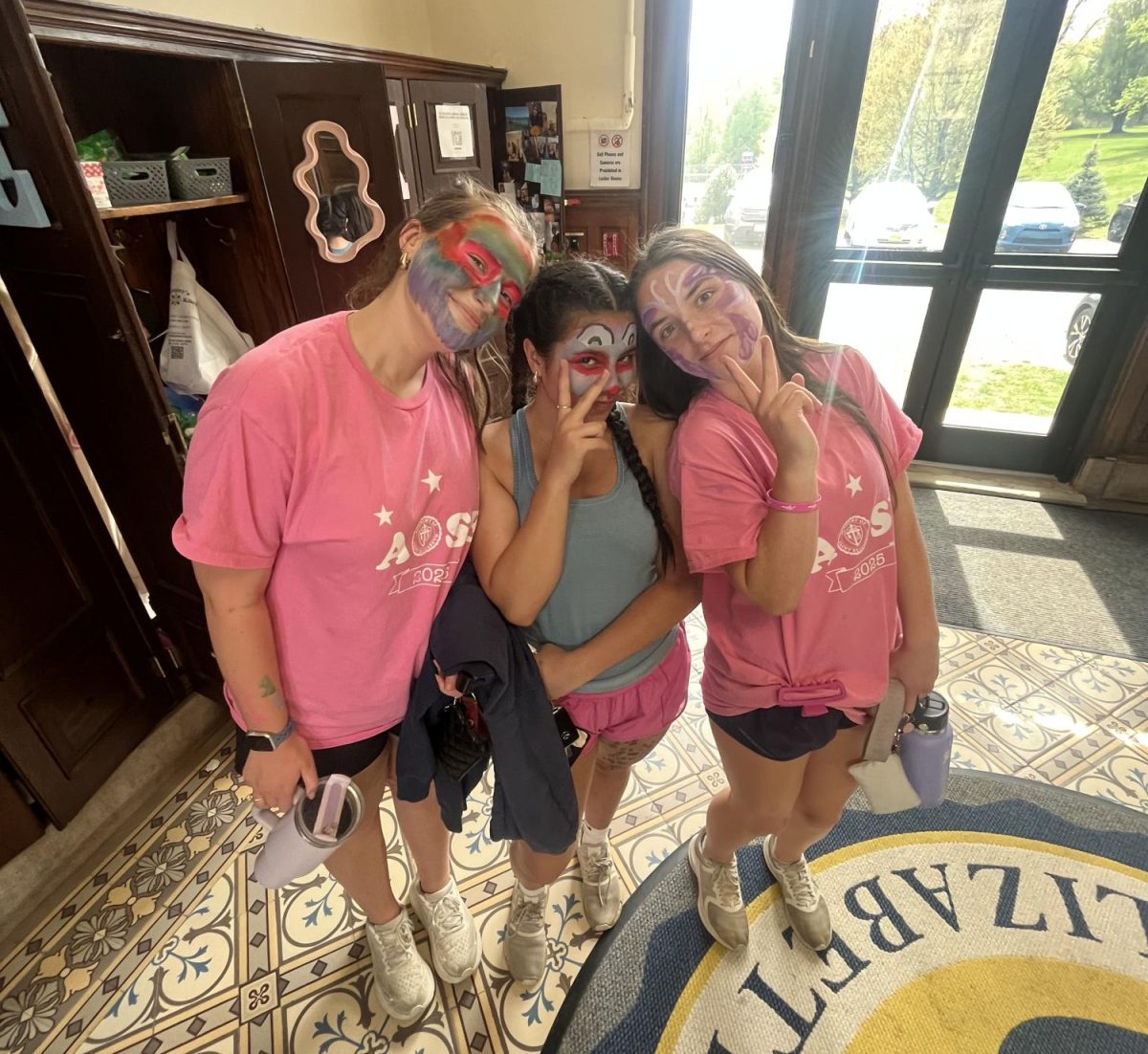



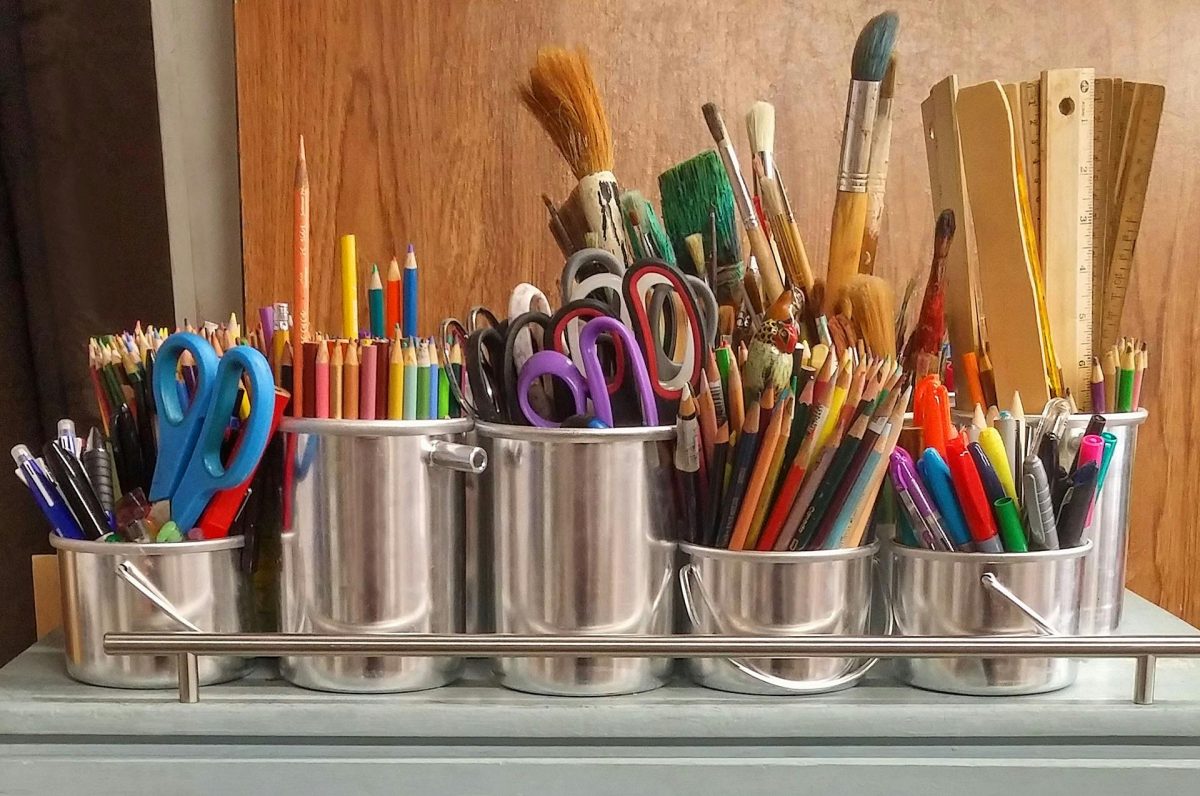



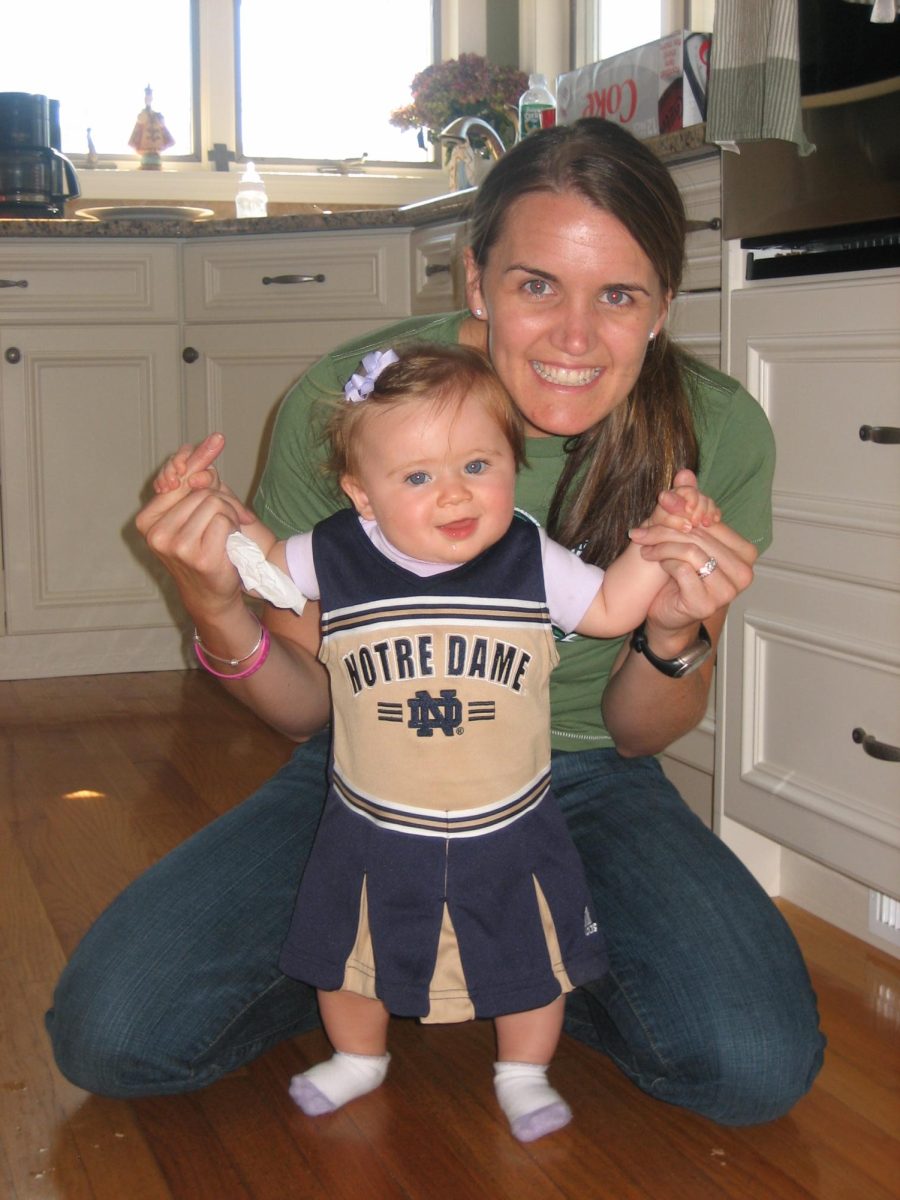





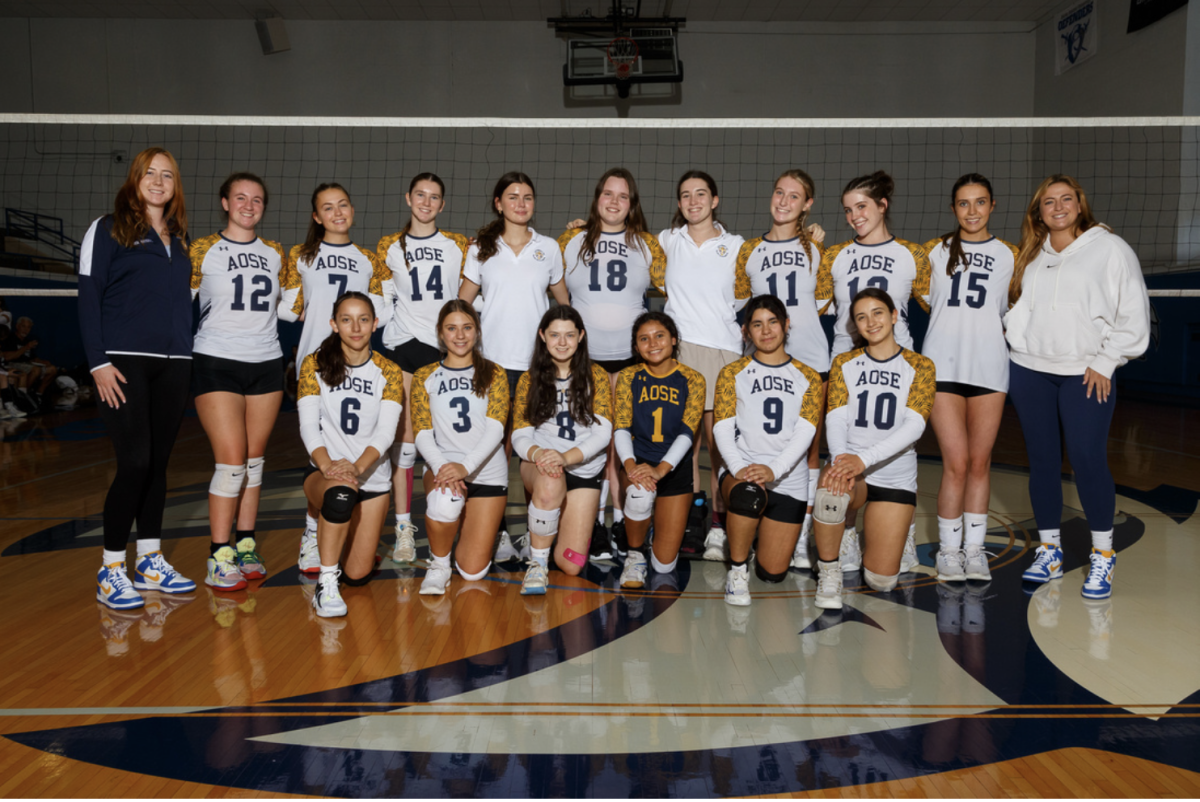
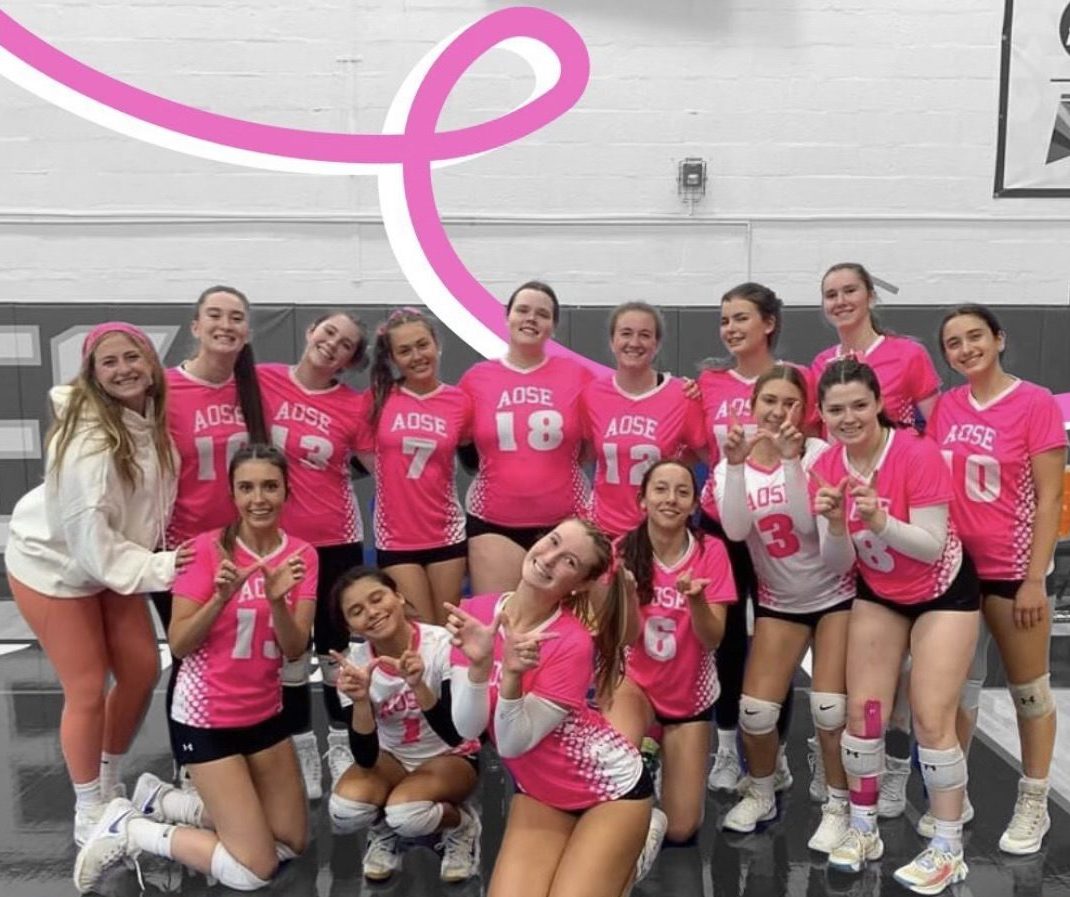


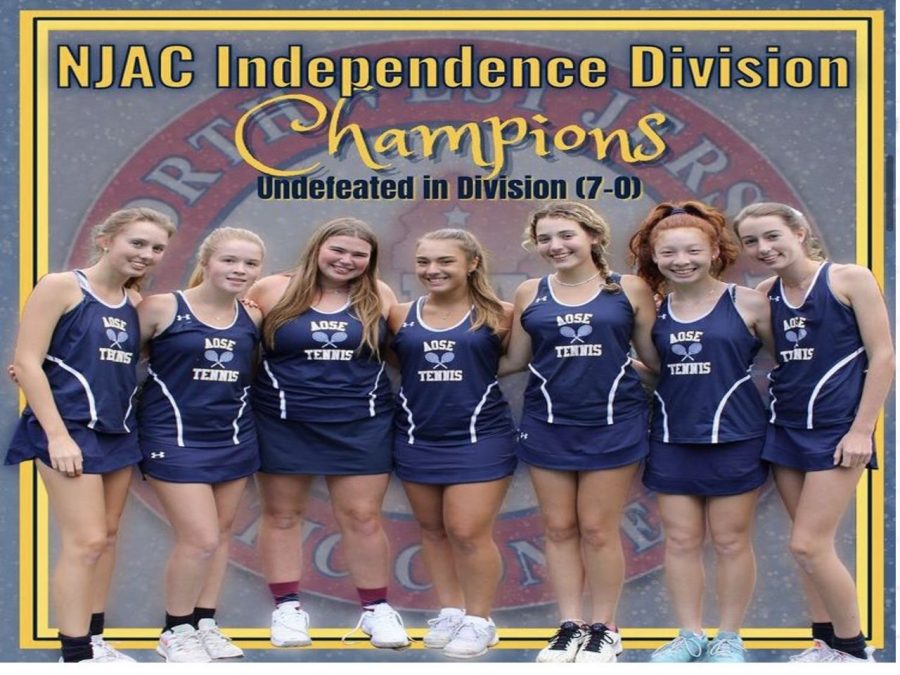





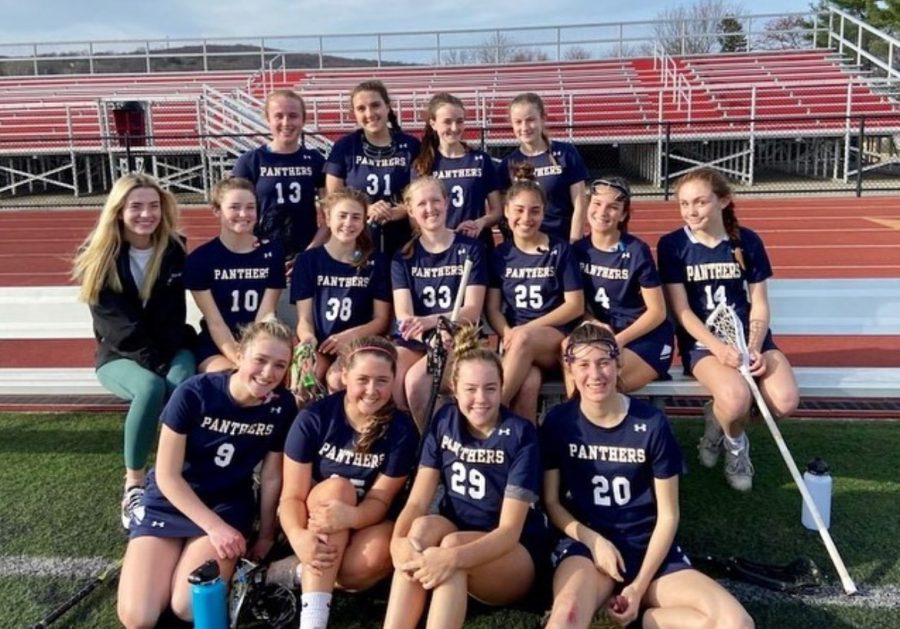







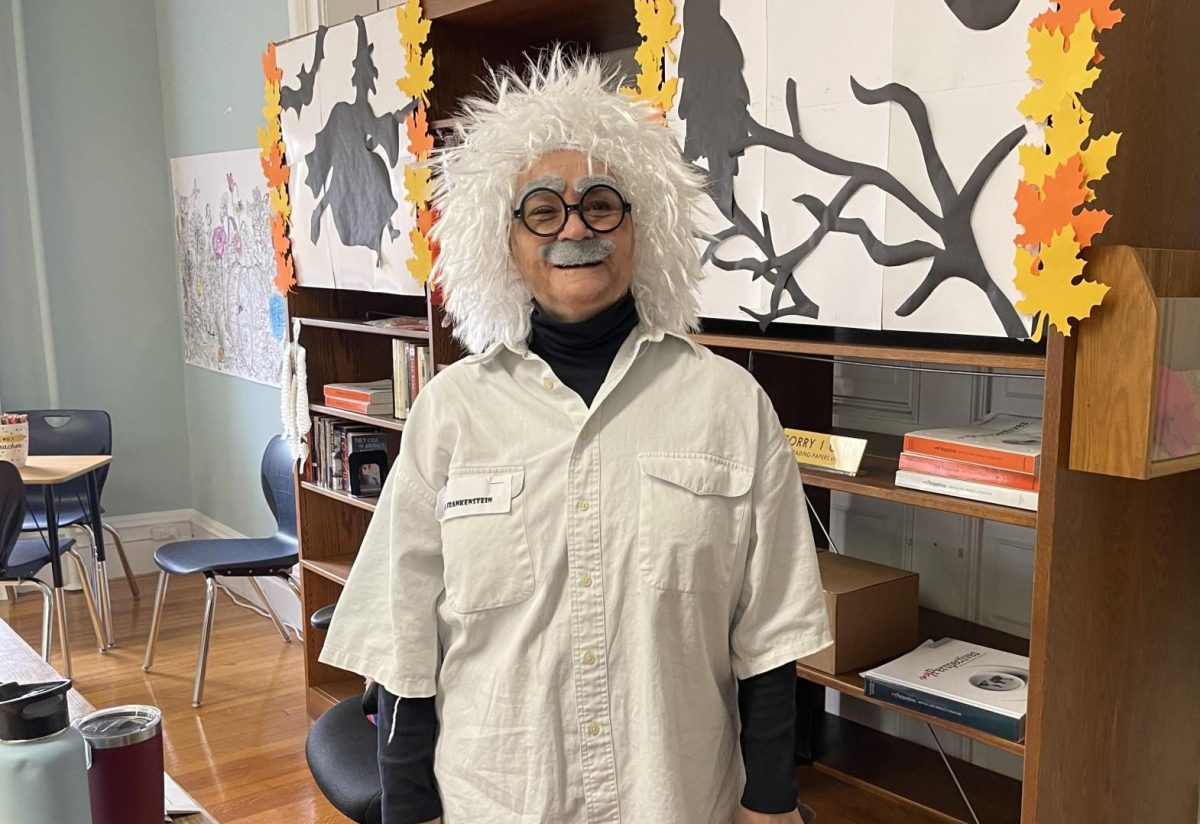

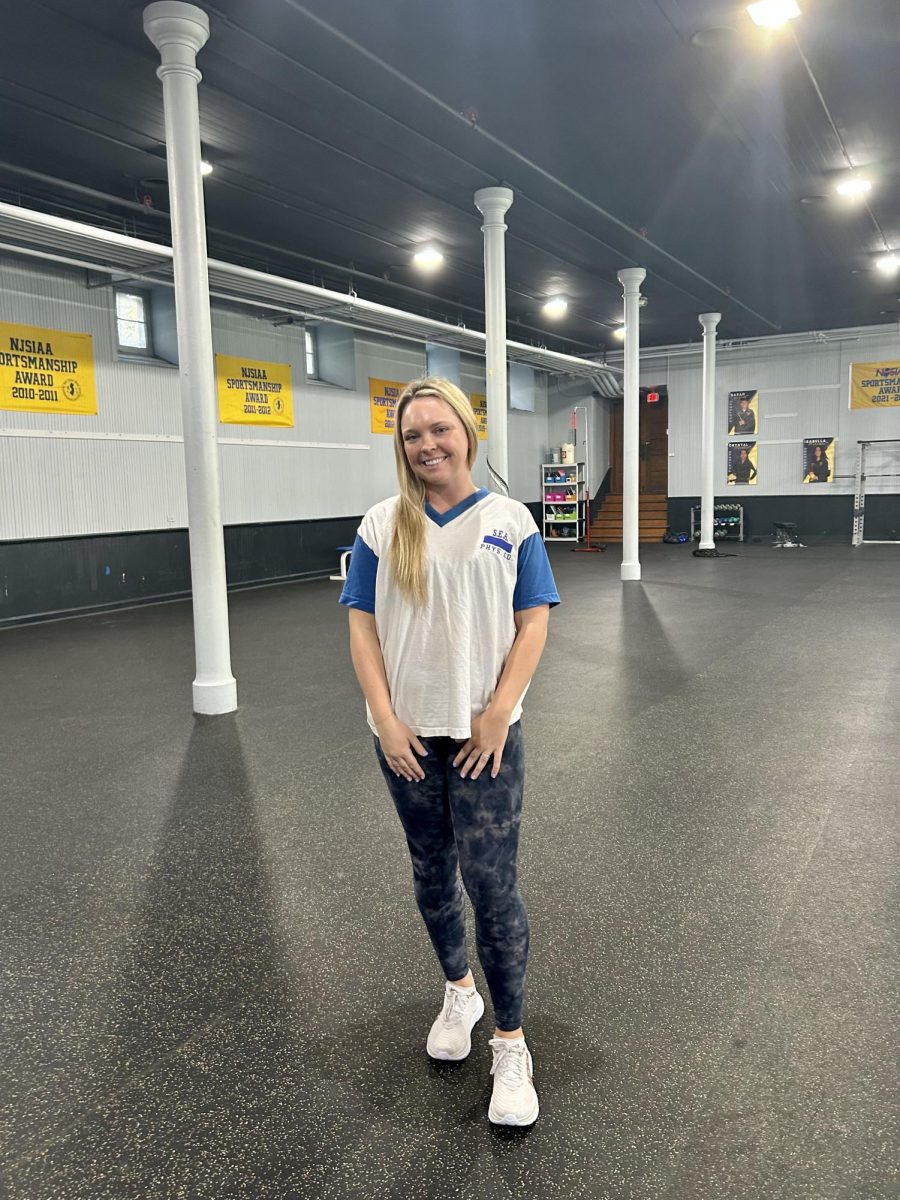








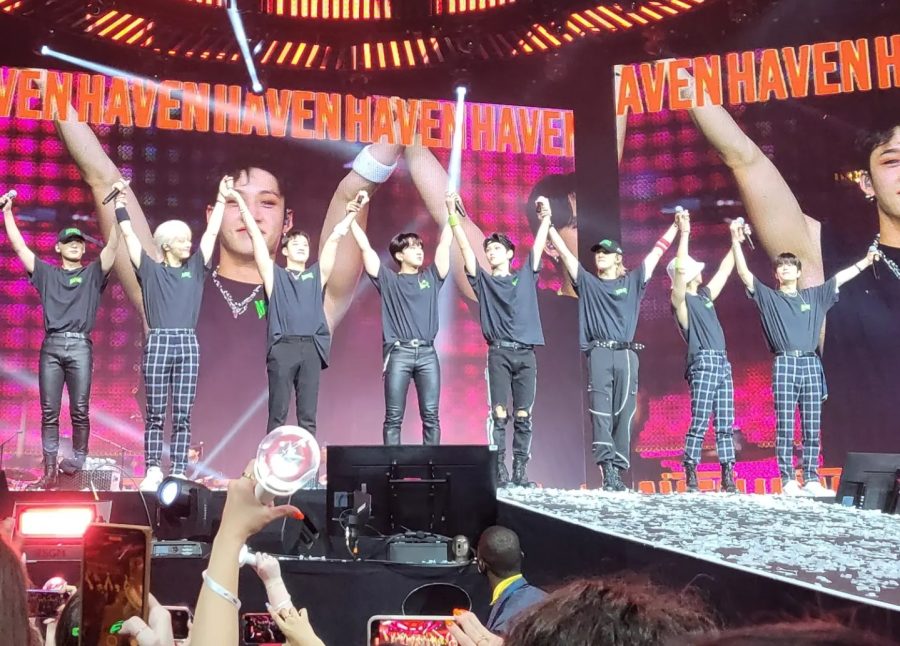







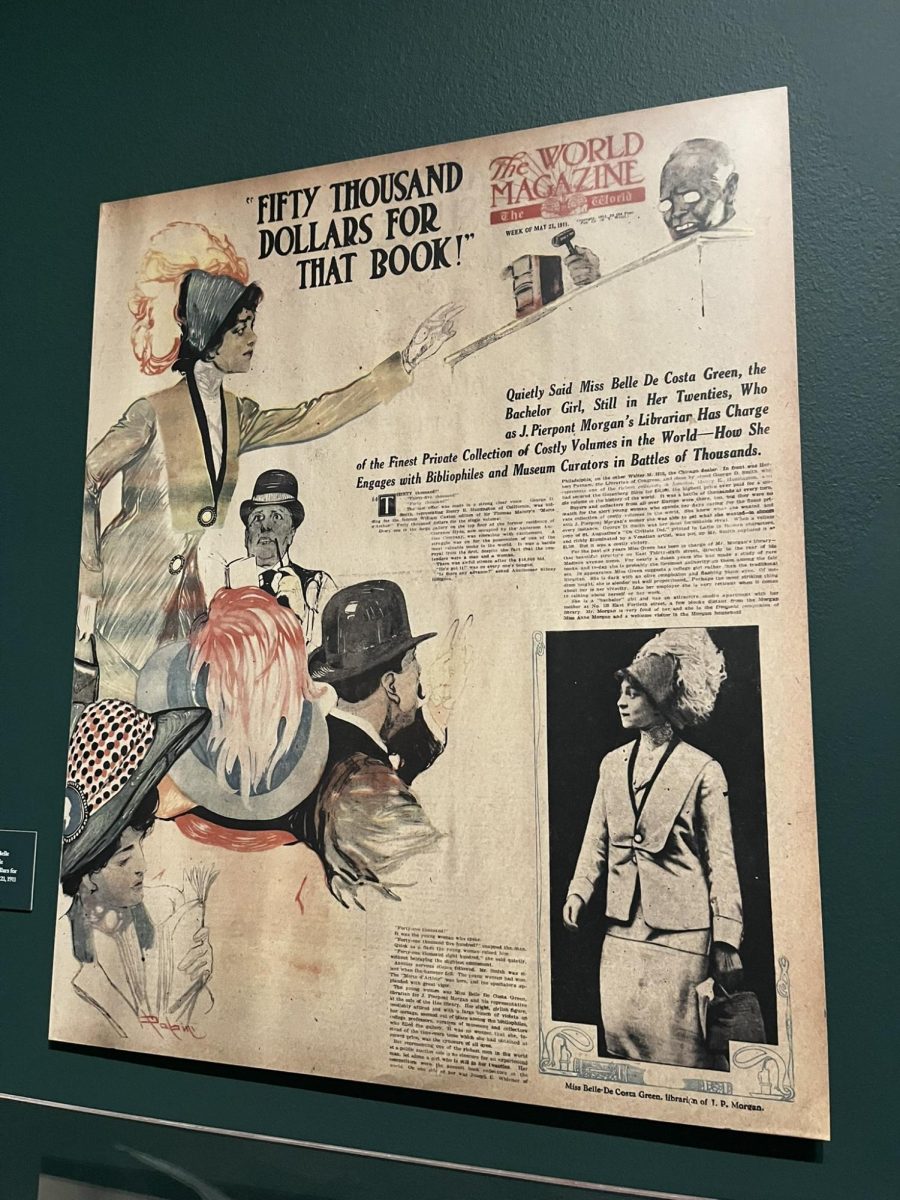




Kate • Feb 8, 2024 at 8:23 am
This is great advice, Bridget! The uneasiness that comes from starting the college search experience is definitely…not fun. I for sure felt nervous about talking to teachers about recommendations. This step-by-step walk through would have saved me so much stress if I had it. Good luck to all the future students applying to college!
Charlotte Knight • Jan 31, 2024 at 10:26 am
It’s a fantastic idea to publish this essay. It’s helpful for students applying to colleges to have this step outlined because the entire application process can be complicated. Many girls are unaware of the appropriate approach to take when asking a teacher for a recommendation, especially with the number of students asking specific teachers.